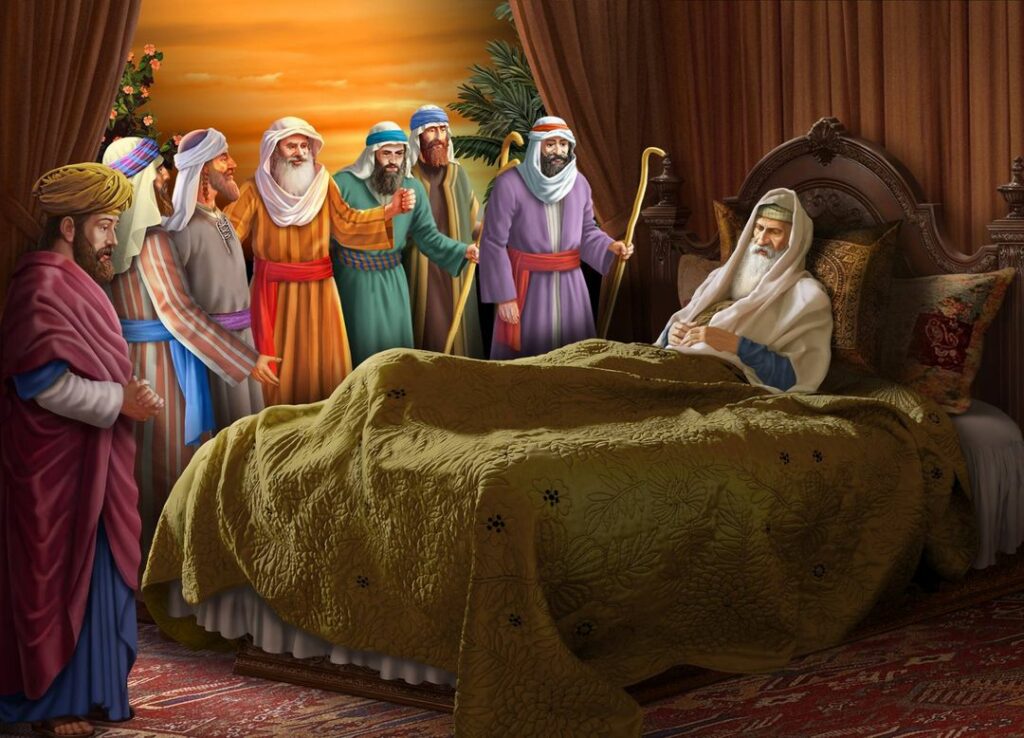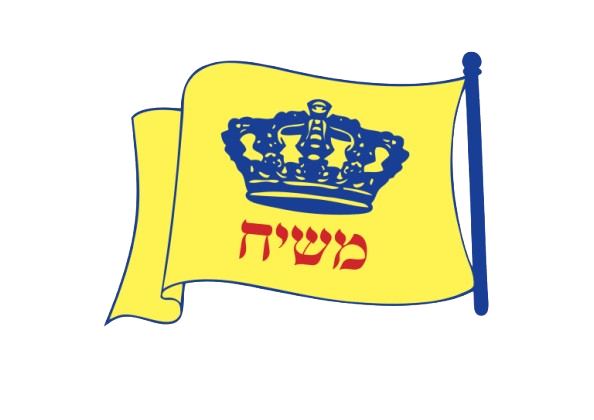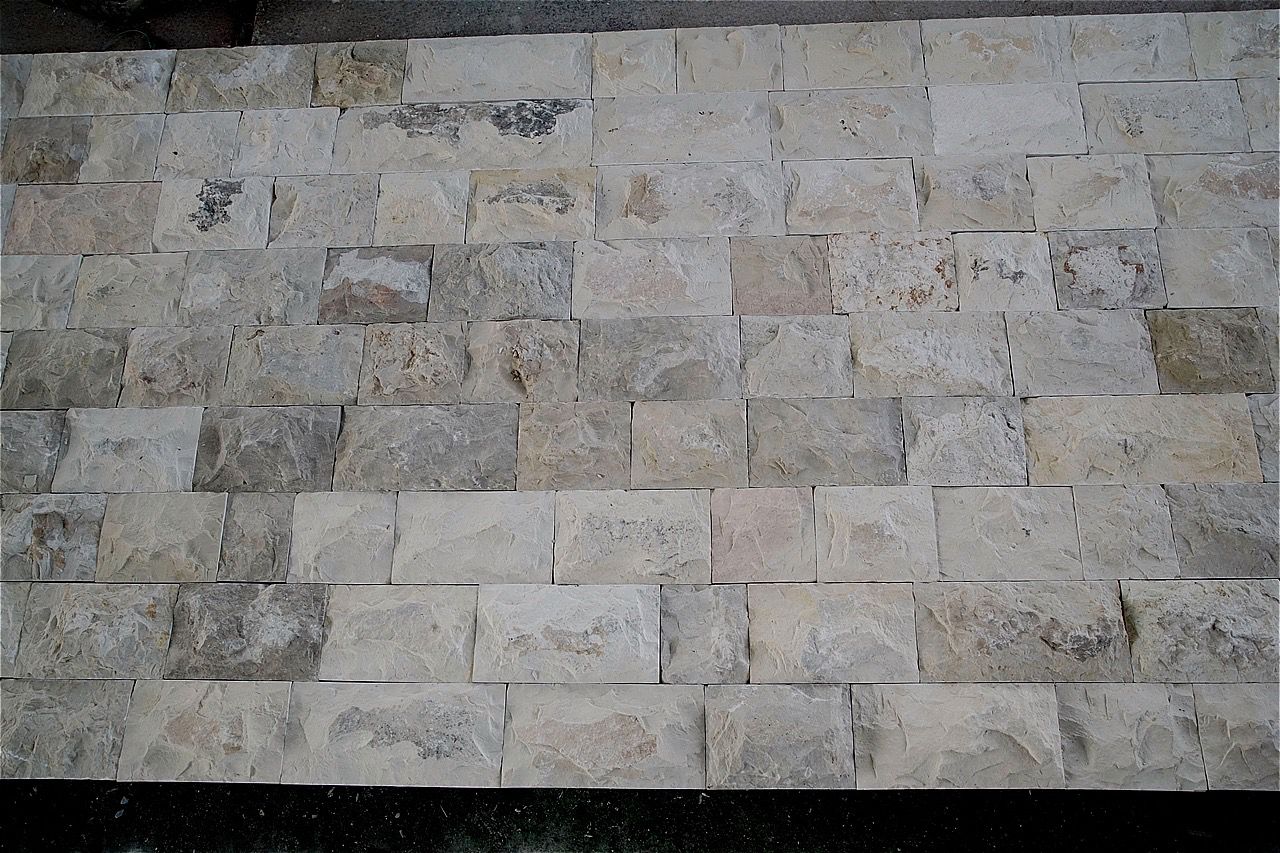This time, two articles by Rabbi Bernstein Moshe related to the Torah portion of this week, Parashat Vayechi, together.
Vayechi- Living True Life
This Torah reading, is titled “Vayechi” or “And he lived,” even though it discusses Jacob’s death. Jacob’s life was characterized by a connection to G-d that went beyond physical realms. This trait, shared with his descendants, continued even after his earthly life ended. As our Sages put it: “Jacob, our forefather, did not die. As long as his descendants are alive, he is alive.” This idea is relevant to all who study the Torah at any time. Despite spending years in Egypt, a place full of idolatry, these were the best years of Jacob’s life. This was because Jacob had sent Judah ahead to establish a Torah study center in Egypt, ensuring that he and his descendants would be protected from the negative influences of Egypt’s idolatrous and immoral society.
This is why Jacob’s best years were those that he spent in Egypt, for it was only there that he could see that his children had fully absorbed his moral guidance. He knew that the Divine mission would continue to the generation of redemption.
Similarly, we often find ourselves in “Egypt,” in places of spiritual darkness in all kinds of personal limitations. Like Jacob, through studying the Torah, especially the 7 Noahide laws for all humanity we remain safe from the darkness of “Egypt”, meaning the boundaries and limitations of this world, and reveal G‑dliness anywhere.
This caution from idol worship must be strengthened at this time of the year. Many stores in the Western world are selling items associated with idol worship. This includes physical objects like statues or images, both of which are prohibited to be bought. Man commits idolatry whenever he honors a creature or a created thing in place of G-d. Any statue or image Noahide inherited from his parents should be removed from his home or nullified by damaging it and removing a part of it.
The way to achieve the feeling of the unity of G-d, the infinite creator of all, is by studying the 7 Noahide laws that derive from the Torah for this inspires us to love G‑d and cleave to Him through observance of His 7 eternal commandments.
Vayechi: Is Eternal Life Possible?
The sages in the Talmud said the following: Yaakov Avinu did not die; rather, he lived forever.” (Taanit 5a) This source establishes an association between Yaakov and his descendants. Just as his descendants are alive, he too is alive.” Furthermore, the statement that Yaakov did not die was meant to be taken in a literal sense, that simply his physical body did not die. Rashi, the leading commentator, states that Yaakov was embalmed because “they thought that he had died.” And afterward, he writes: “It appeared to them that he had died, but he was alive.” From this, it is apparent that Rashi interprets the statement “Yaakov Avinu did not die” in the most literal sense, that his body did not die, as he writes: “he did not die, rather, he lives forever.”
According to the laws of nature, death is an unequivocal reality, for it is impossible for a limited, created being, subject to change, to exist with eternal vitality. However, Yaakov Avinu did not die. In the statement: “Yaakov Avinu did not die,” not only is the Torah not confined by the limits of nature, it transcends that sphere entirely. Yaakov was “the chosen of the Patriarchs,” and as such, his entire existence was the Torah, as it is written: Therefore, just as the natural order does not limit the Torah itself, it cannot restrict Yaakov. The same applies to anyone who observes the divine commands that G-d gave to all humanity. Maimonides, the Rambam, says that both Jews and Gentiles can have eternal life by adhering to their commandments. For Jews by fulfilling their 613 Commandments, and for Noahides by observing the 7 Noahide laws.
This leads us to the concept of the Resurrection of the Dead in the ultimate and true redemption. While the notion of eternal physical existence is primarily associated with Yaakov, it can be applied to all Jews and Noahides to the extent that even their bodies will possess eternal vitality.
In this context, “World to Come” signifies the Era of Resurrection. This is passed down as a legacy from Yaakov Avinu, who did not die. This is especially relevant because Yaakov was “the chosen of the three patriarchs,” selected by G-d Himself. The third Holy Temple is parallel to Jacob, who was the third patriarch. This is about to happen soon in the complete redemption.




